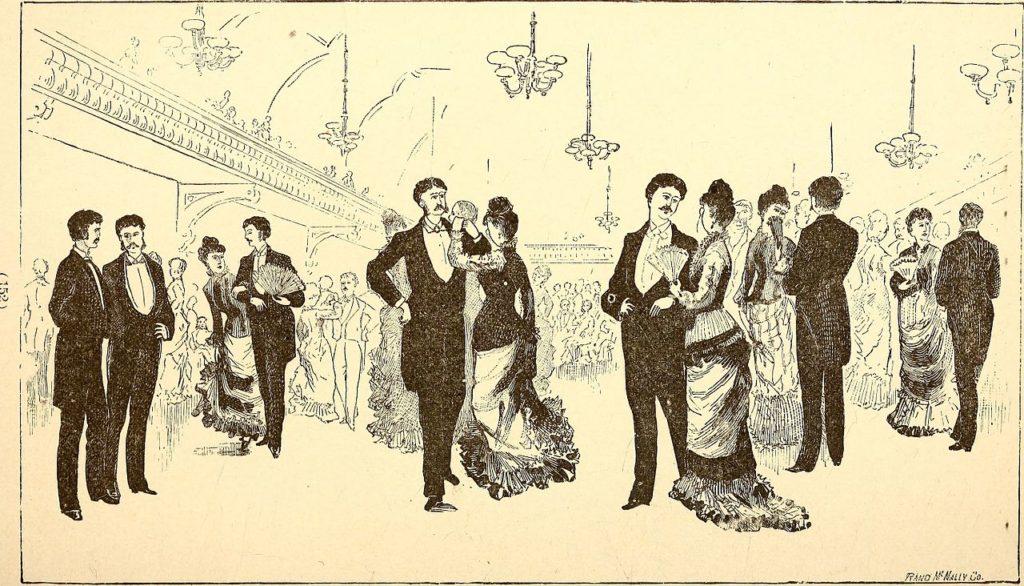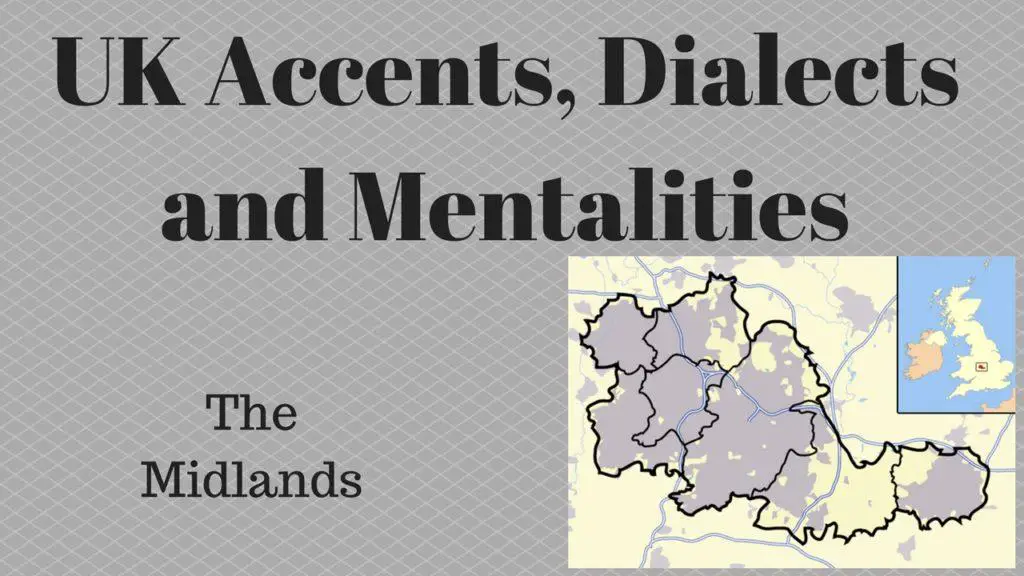Use Small Talk to Build Better Work Relationships – Introduction
Small talk isn’t just polite conversation – it’s one of the most powerful tools for building trust and creating strong working relationships. If you’re a non-native English speaker, mastering small talk can help you feel more confident, fit in better and connect with colleagues and clients on a deeper level.

In this article, you’ll learn how to use small talk in everyday work situations to build better relationships over time. If you’re new to small talk, start with How to Start and Keep a Conversation Going and How to Make Small Talk at Business Events. You’re also welcome to join our community for professionals who use English at work for practice, tips and conversation challenges.
Why Small Talk Matters at Work
At first, small talk might seem unimportant – just a quick chat about the weather or your weekend. But in many English-speaking workplaces, these short conversations help build rapport, develop trust and open the door to collaboration.
👉 Example: Imagine two colleagues who see each other every day in the lift. One always says, “Morning, how’s your day looking?” The other answers, “Busy as usual, back-to-back meetings.” Over time, this daily ritual makes it easier for them to work together on a project or share ideas.
In British workplaces, small talk is subtle and often used to ‘warm up’ a conversation before moving to business. In American workplaces, it may be more expressive and enthusiastic – but still follows a similar purpose: building human connection.
Everyday Moments to Practise Small Talk
You don’t need a special event to practise small talk.
Look for natural moments in your day:
- Before a meeting starts (“How’s your morning going?”)
- While making tea or coffee (“Fancy seeing you here – how’s your day so far?”)
- On Slack or Teams (“Hope your Monday’s treating you well!”)
- When joining a video call early (“Anyone else struggling with the heat today?”)
✅ Tip: In UK English, weather is a safe and common small talk topic:
“Bit chilly out there, isn’t it?” / “Classic British summer – rain again!”
Turn Small Talk into Real Connection
Great small talk doesn’t stay superficial. Over time, it helps you discover common interests, shared values or useful knowledge about the other person.
👉 Example Conversation:
You: “Did you do anything interesting at the weekend?”
Colleague: “Yeah, I went paddleboarding for the first time!”
You: “Paddleboarding? That sounds fun. Was it local?”
Colleague: “Just outside town – lovely spot.”
You: “Nice! I’ve always wanted to try that. I like being by the water.”
Suddenly, you’ve gone from small talk to shared experience. That builds connection.
Ask Good Questions and Listen Actively
The secret to small talk is showing interest. You don’t need to say much – just ask questions and listen carefully.
✔️ Helpful question starters:
- “How did you get into that?”
- “Is that something you do regularly?”
- “What do you enjoy most about it?”
Use encouraging replies:
- “That sounds amazing.”
- “I’ve never tried that, but it sounds like a great experience.”
- “Wow, I wouldn’t have guessed that!”
✅ Cultural note: In UK English, replies are often more understated than in US English.
UK: “Not bad, thanks. Yourself?”
US: “I’m doing great! How about you?”
Avoid These Small Talk Mistakes
Even small talk has its social rules. Here are some things to avoid:
❌ Being too formal: Don’t treat it like a speech. Be natural and friendly.
❌ Getting too personal too soon: Don’t ask about private topics like relationships or income.
❌ Talking only about yourself: Show interest in the other person.
❌ Complaining too much: A little venting is fine, but stay balanced.
👉 Example of awkward small talk:
You: “Hi, how are you?”
Them: “Terrible. I had the worst weekend ever, and my partner left me.”
This might be honest, but it can make the other person uncomfortable.

Small Talk That Strengthens Relationships
When you know your colleagues a little better, you can follow up on past conversations:
💬 “How did the birthday party go?”
💬 “You mentioned a big meeting – how did it go?”
💬 “Did your daughter enjoy the school trip?”
These little touches show you’re paying attention, which builds respect and trust.
You can also use compliments:
💬 “That was a great presentation – clear and confident.”
💬 “I liked your comment in the meeting, really well put.”
Just be sincere and professional.
Building Confidence with Practice
The best way to improve small talk is simply to do it regularly. Start small:
- Say hello in the corridor
- Comment on the weather in the kitchen
- Ask a simple question before a meeting
Over time, these quick chats help you feel more relaxed in English and more connected at work.
🎯 Want to practise? Join our English for Work Community to share small talk starters, roleplay conversations and get feedback.
Small Talk to Build Better Work Relationships – Conclusion
Small talk is more than just chatting—it’s a way to build better work relationships, make colleagues feel appreciated, and feel more confident using English in professional settings. With practice, you’ll become better at turning short conversations into stronger connections.
Keep building your skills with these helpful articles:
➡️ Small Talk for Business: How to Start and Keep a Conversation Going
➡️ How to Make Small Talk at Business Events
➡️ Join the English for Work Community


